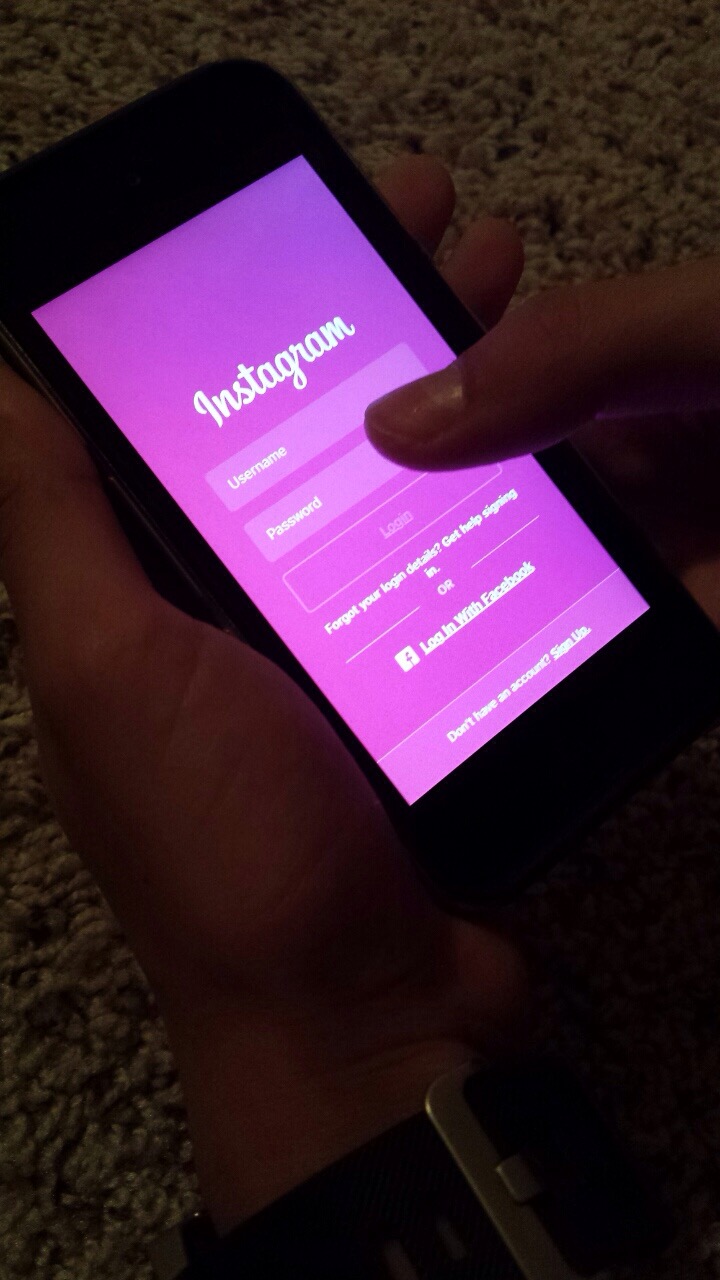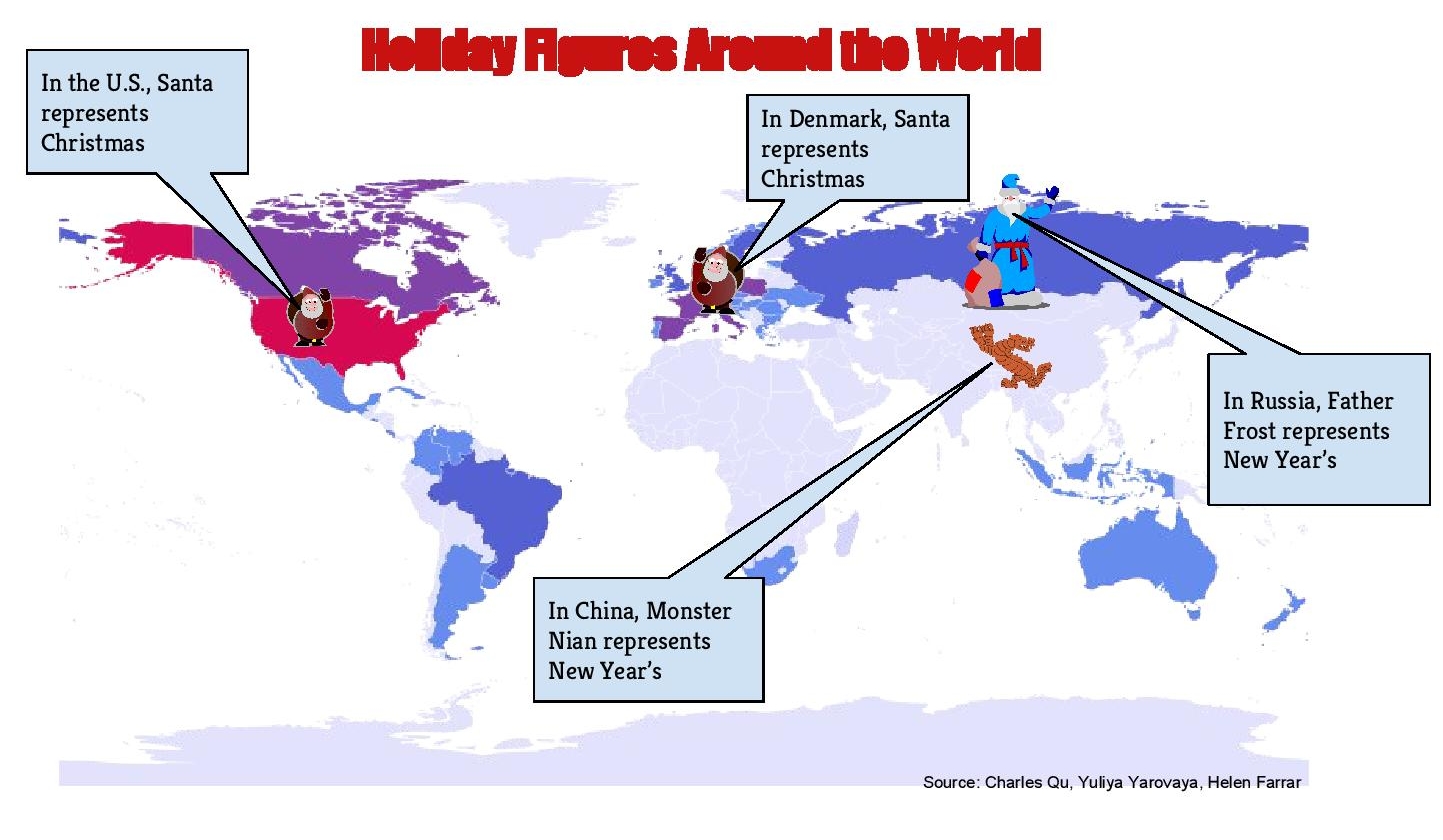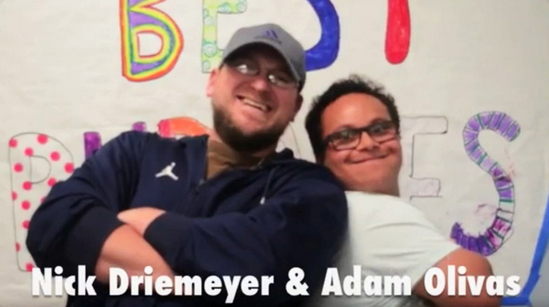The power of social media
By Emaan Riaz,
BlueDevilHUB.com Staff–
Over the past two decades, social media has evolved into a major networking platform. Whether it’s to stay connected with friends, meet new people, advertise products or keep up with celebrities, there’s no doubt that social media is one of the most powerful tools in influencing people all around the world.
Modern social media began in 1997, with the creation of sixdegrees.com, a website which allowed its users to create a profile and become friends with other users. Six Degrees laid the foundation for a social media explosion of sites like MySpace, LinkedIn, Facebook, Twitter, Instagram and much more.

Pew Research Center conducted a study of social media usage between 2005 and 2015. It found that 90 percent of American young adults (ages 18-29) use social media today, compared to the 12 percent that used it in 2005. In the past eleven years, young adults have consistently been the most likely to use social media. Consequently, young adults are the most affected by it too.
Senior Skyler Mikalson was introduced to social media as a freshman and since then, he has had various positive and negative experiences with it.
Mikalson recalled that the summer before his sophomore year began, he dyed all his hair purple. The first thing he did was post a picture. “The positive feedback helped me feel comfortable and confident with doing something so different with my appearance,” he said.
Again, when Mikalson posted a picture of himself in a dress this past summer, the positive feedback and encouragement gave him the confidence to wear dresses in public and to school.
Despite the positivity that came from other people and the confidence he gained with experimenting with his appearance, Mikalson still felt the need to edit his pictures of any imperfections such as acne and blemishes.
“I felt like I needed to do this in order to get any likes and to be told I was attractive. In reality, this just made me feel much worse about myself. I was reinforcing the idea that I was only desirable if I didn’t look like myself, that no one would like the way I really looked,” Mikalson said.
Ethan Kross, a social psychologist and the lead author of a study on how Facebook really makes its users feel, believes that although social media may seem very appealing, it comes with many negative effects.
“On the surface, Facebook provides an invaluable resource for fulfilling the basic human need for social connection. But rather than enhance well-being, we found that Facebook use predicts the opposite result- it undermines it,” Kross said.
In order to maintain his own well-being, Mikalson tries to consciously reinforce the idea that likes are not important. However, with a platform where the only value given to posts are likes and comments, “it can be very difficult not to feel bad about myself when I see that other people get more likes than I do,” Mikalson said.




